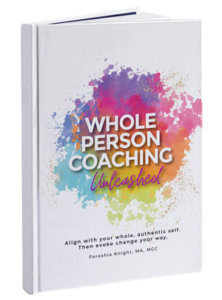Understanding the importance of well-being
Well-being as it relates to our cognitive functioning is a central focus of neuroscience. Simply stated, when we don’t feel our best, we are unable to think clearly, creatively, and authentically. This typically incorporates everything from sleep, nutrition, and exercise to the various mental challenges that keep us on our toes and promote brain development.
In addition to the obvious habits that promote overall health, common examples include sudoku, pleasure reading, hobbies, and learning a new skill. For this reason, lifelong learners may have lower occurrences of age-related cognitive and memory decline. Lifelong learning also boosts our self-esteem for a reason we’ll come back to a minute.
Take a moment to think of a time in your life when you were impacted by a major life change. The stress of the moment may have short-circuited your ability to perform your work to the level you usually achieve. Perhaps you were less available emotionally to those around you. In extreme cases, it’s not unusual for us to shut down completely, seeking out distraction or simply staying in bed.
Neuroscientists advocate for the routine analysis and understanding of our lifestyle habits and levels of vitality. The reason is that it allows us to correct any influences that could impact our mental functioning. Whole Person Coaching takes this one step further: we must also achieve and routinely monitor our levels of meaning, purpose, and emotional sustenance.
This brings us back to lifelong learning. It has been credited with instilling a sense of purpose, feelings of accomplishment and competency, and hope. Whole Person Coaching is unique in that it facilitates learning and development for both the client and the coaching practitioner.
We learn about ourselves as we simultaneously encourage learning in others. As a transformational learning process, a Whole Person Coach partners with their clients to self-discover who they are and what matters most. Doing so they become authentically aligned to their very best self. As a coach, you become the instrument of change weaving a process with your clients that meet them with who they are as a whole person – mind, body, heart and spirit.



